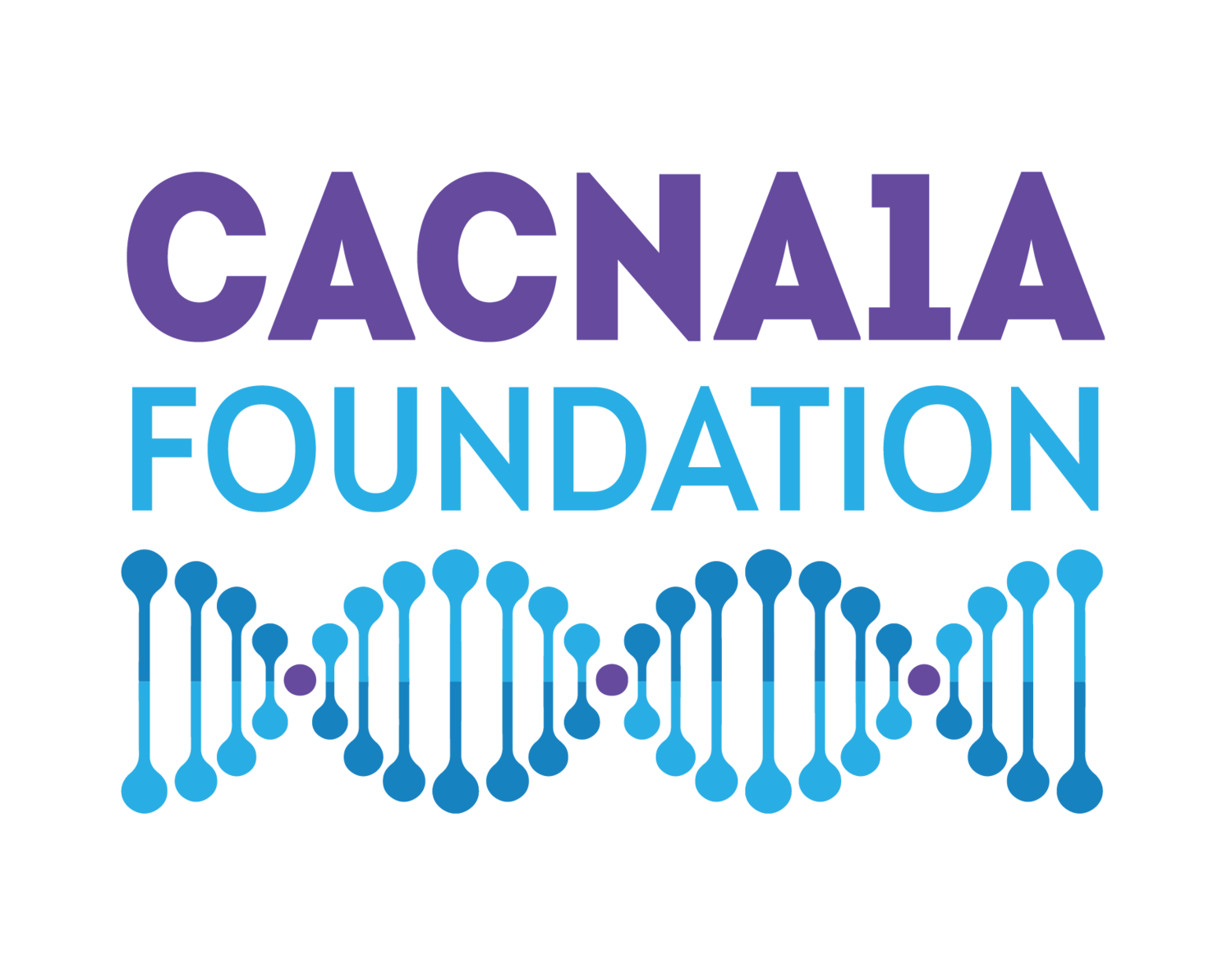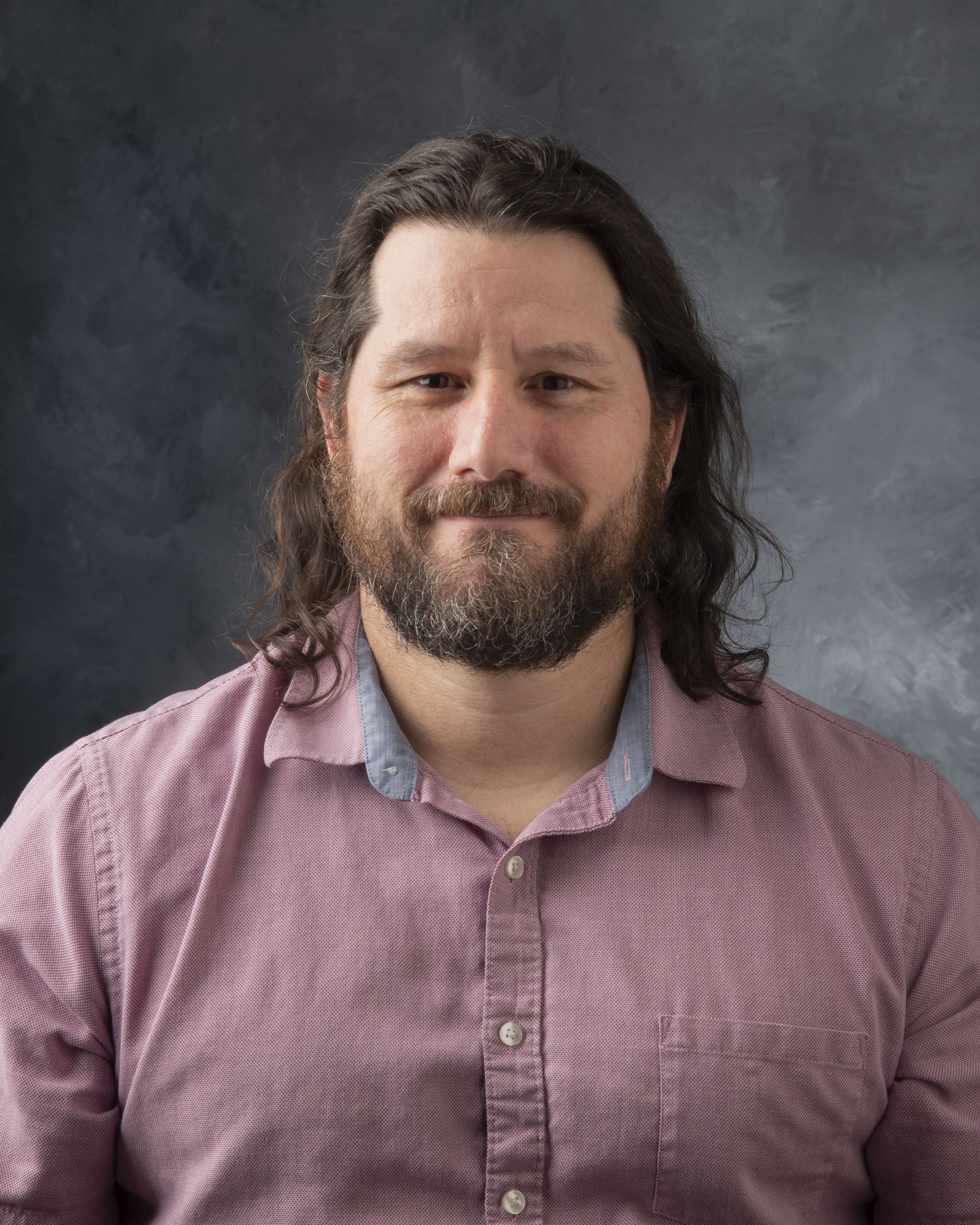Development of novel gene therapy strategies to treat CACNA1A disorders
$50,000 Grant | Awarded March 2023
Samuel M. Young Jr., Ph.D. | Professor and Vice Chair for Research, Department of Anatomy and Cell Biology, Director of Molecular Auditory Research, Department of Otolaryngology, University of Iowa's Carver College of Medicine
Abstract: The CACNA1A gene encodes the alpha-1 subunit of the CaV2.1 channel and mutations in CACNA1A are the cause for a range of neurodevelopmental and neurological disorders, including ataxia, epilepsy, migraine, and cerebellar degeneration. Although CACNA1A diseases impact multiple brain structures, one of the most devastating manifestations are CACNA1A cerebellar disorders, which cause severe movement problems due to cerebellar dysfunction and atrophy. CACNA1A cerebellar disorders are due to dysfunction and degeneration of Purkinje cells, which are the neurons that are the sole output of the cerebellar cortex, regulating cerebellar control of motor coordination. Despite decades of research that has identified causative mutations in CACNA1A, no cure and no therapeutic strategies that treat the root cause of CACNA1A disorders exist. Therefore, to stop cerebellar dysfunction and degeneration and improve the quality of life of individuals who suffer from CACNA1A cerebellar disorders, novel therapies must be developed. Therefore, our goal is to develop novel viral vector gene therapy strategies that restore CaV2.1 function and CaV2.1 dependent synaptic transmission to prevent cerebellar dysfunction and atrophy in CACNA1A disorders.
Dr. Samuel M. Young, Jr. is a Professor and Vice Chair of Research in the Department of Anatomy and Cell Biology. He is a Professor and the Director of Molecular Auditory Research in the Department of Otolaryngology. Previously he was an independent Max Planck Research Group Leader of Molecular Mechanisms of Synaptic Function at the Max Planck Florida Institute for Neuroscience (MPFI) from 2010-2017.
Dr. Young conducted his postdoctoral work at the University of North Carolina-Chapel Hill (2000) in the Gene Therapy Center; at the Howard Hughes Medical Institute and the Salk Institute in La Jolla, California (2000-2004) in the Molecular Neurobiology Laboratories; and at the Max Planck Institute for Biophysical Chemistry in the Department of Membrane Biophysics (2004-2009) in Goettingen, Germany and was briefly an internal research group leader in the Department of Membrane Biophysics (2009-2010).
He carried out his doctoral work at University of North Carolina-Chapel Hill (1996-2000) in the Gene Therapy Center while enrolled in the Curriculum in Genetics and Molecular Biology program. Dr. Young completed his undergraduate at Princeton University, graduating in 1996 with an A.B in Molecular Biology. He has been a recipient of the Alexander von Humboldt fellowship and is currently a member of the Society for Neuroscience, the Association for Research in Otolaryngology (ARO), American Society of Gene & Cell Therapy, American Association for the Advancement of Science and the Biophysical Society.

